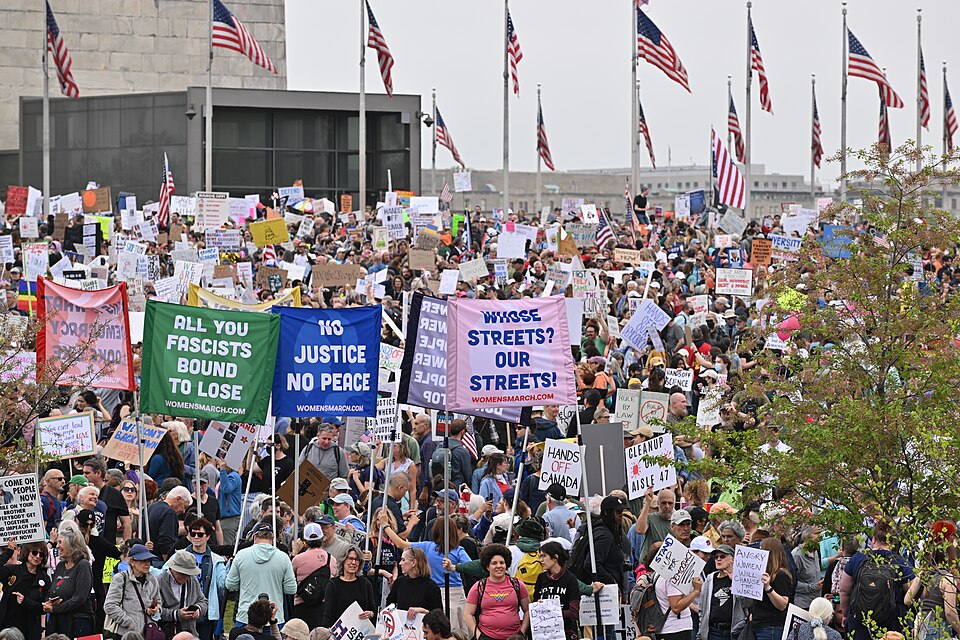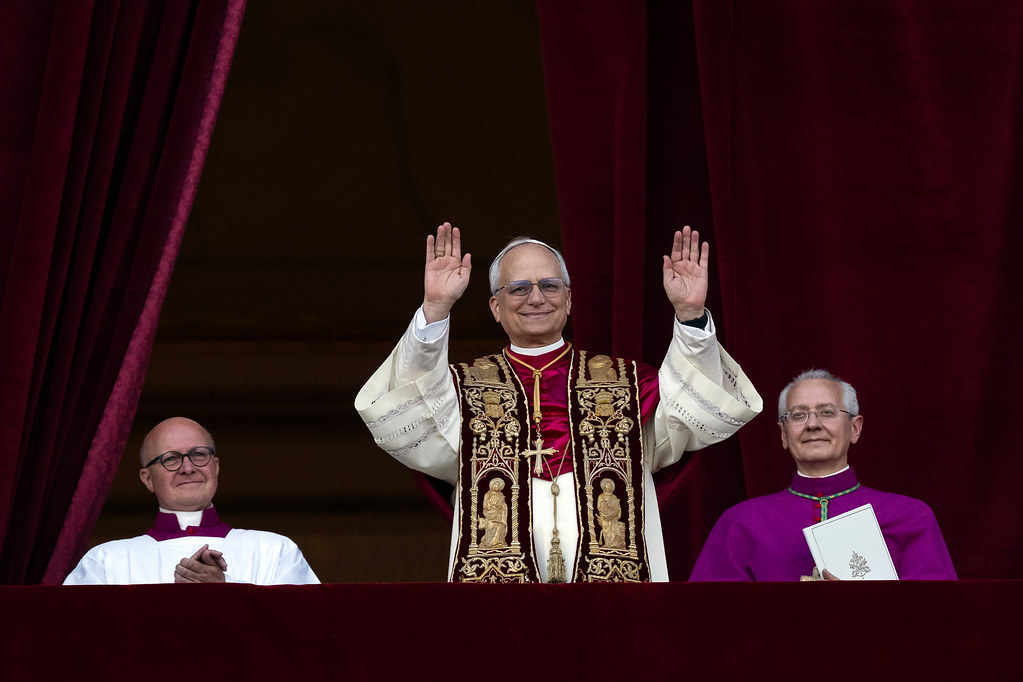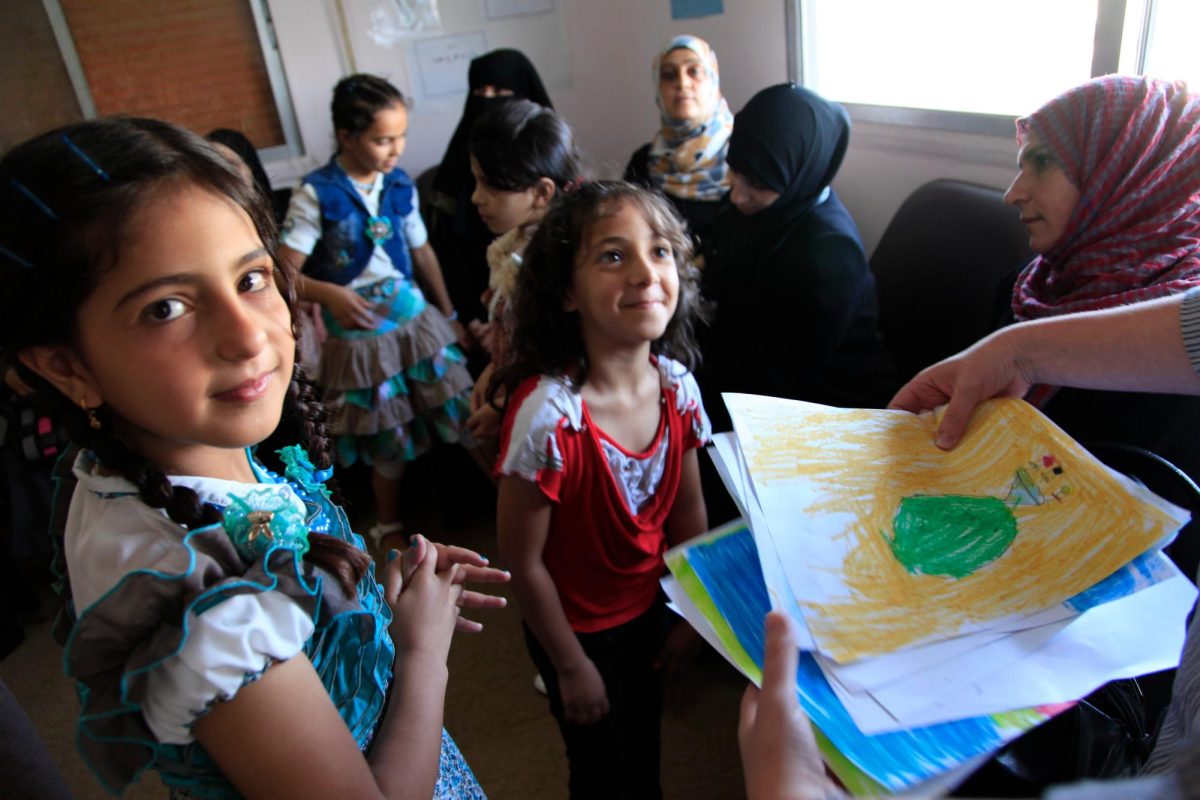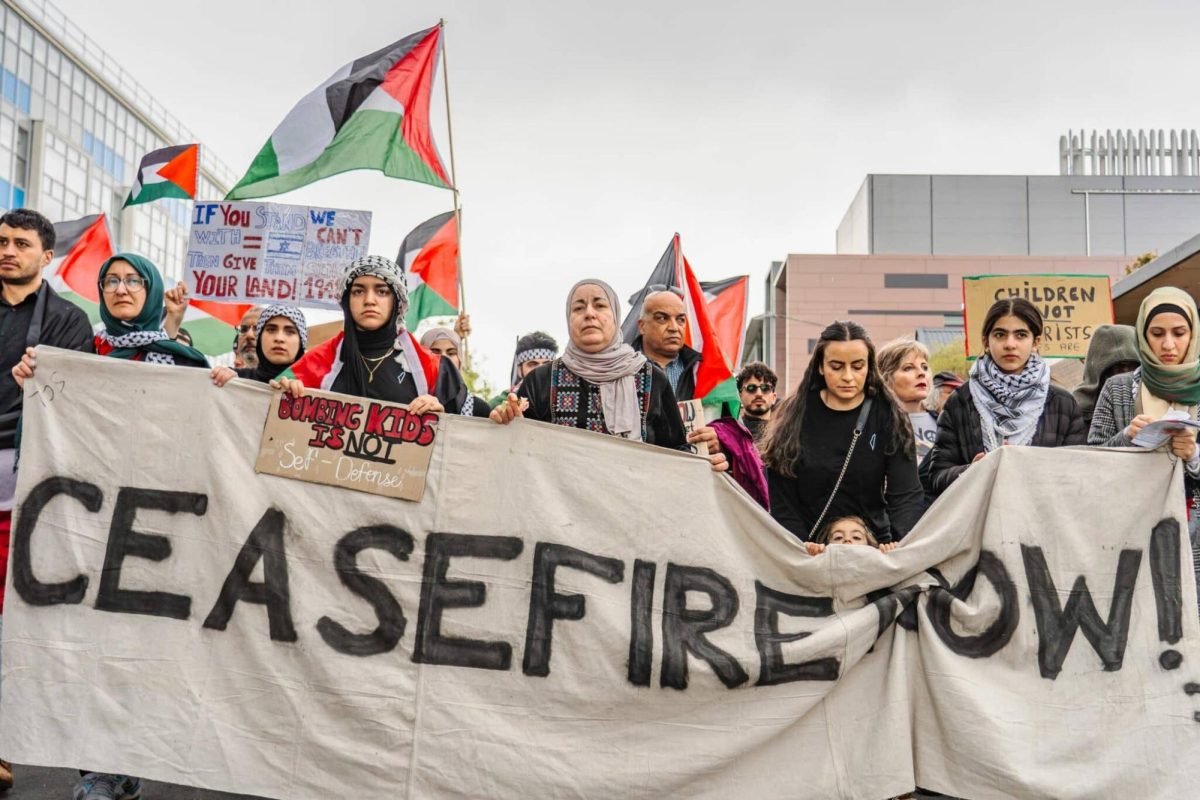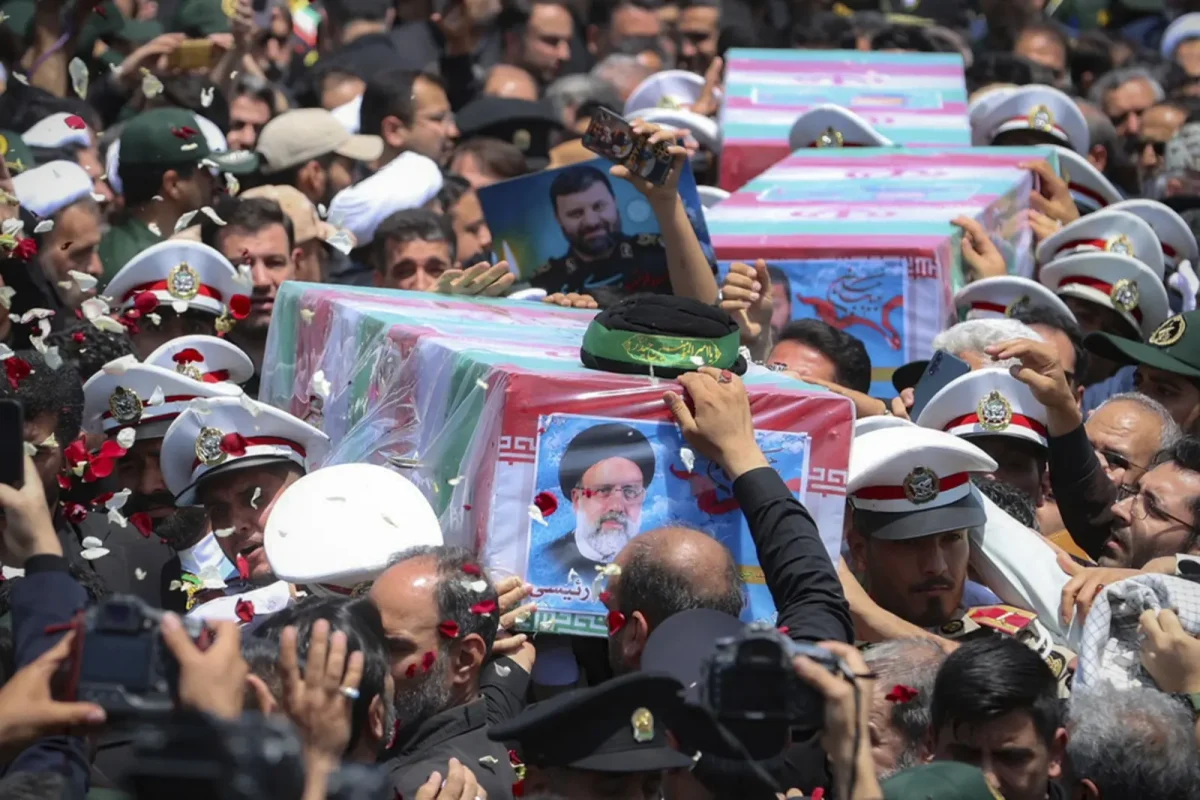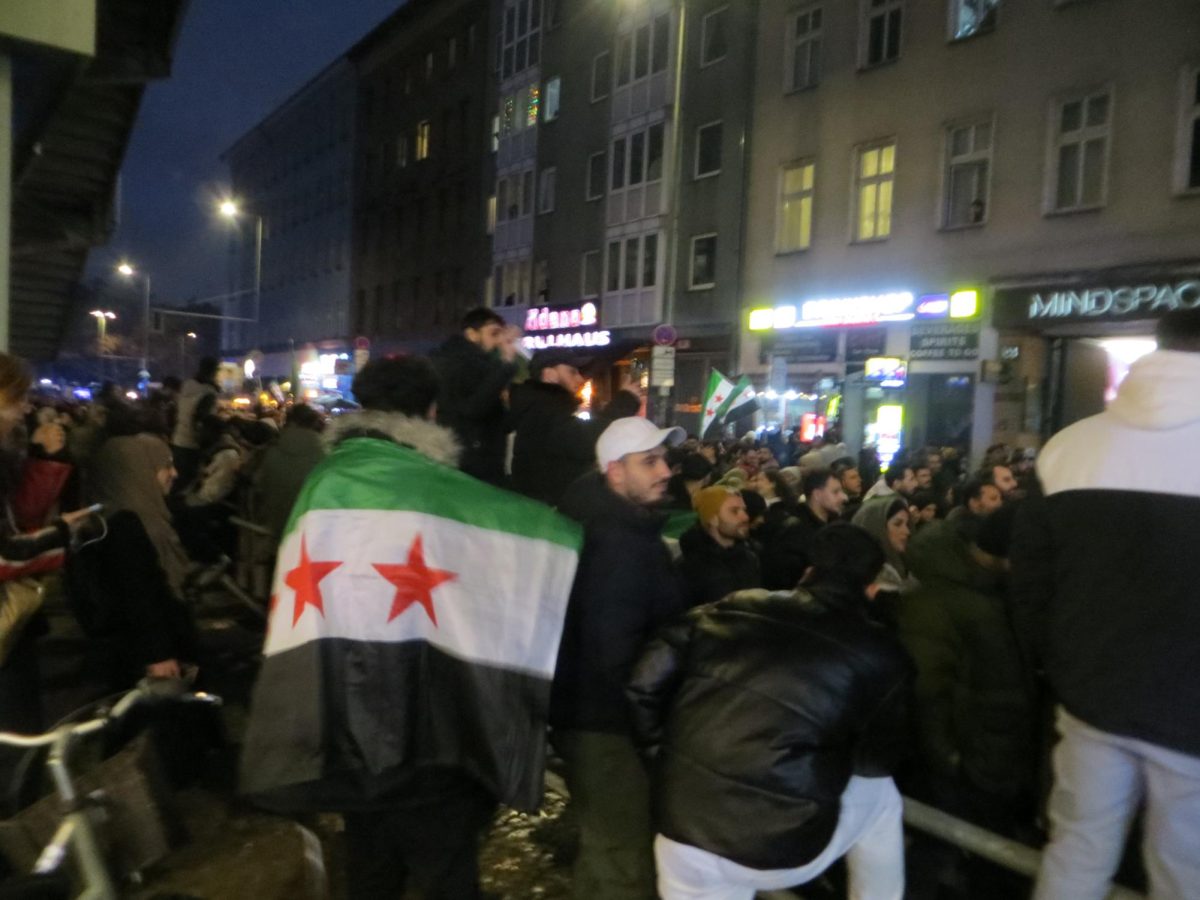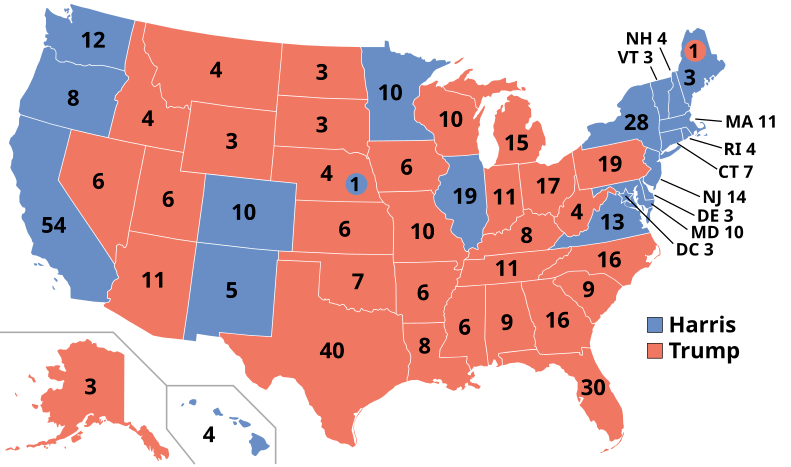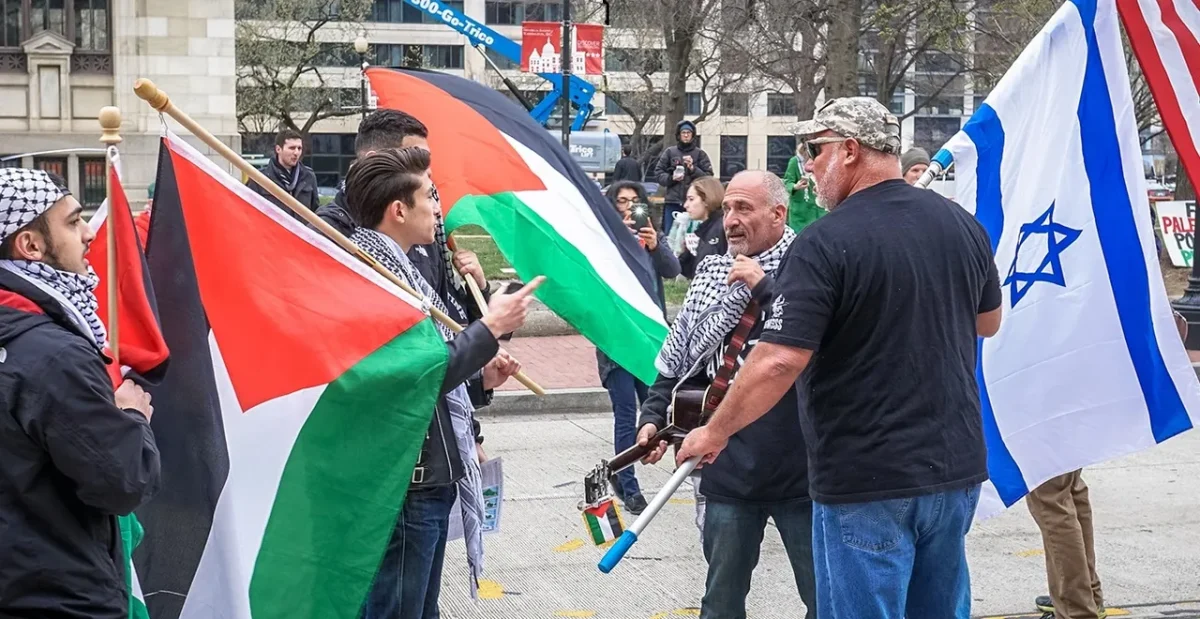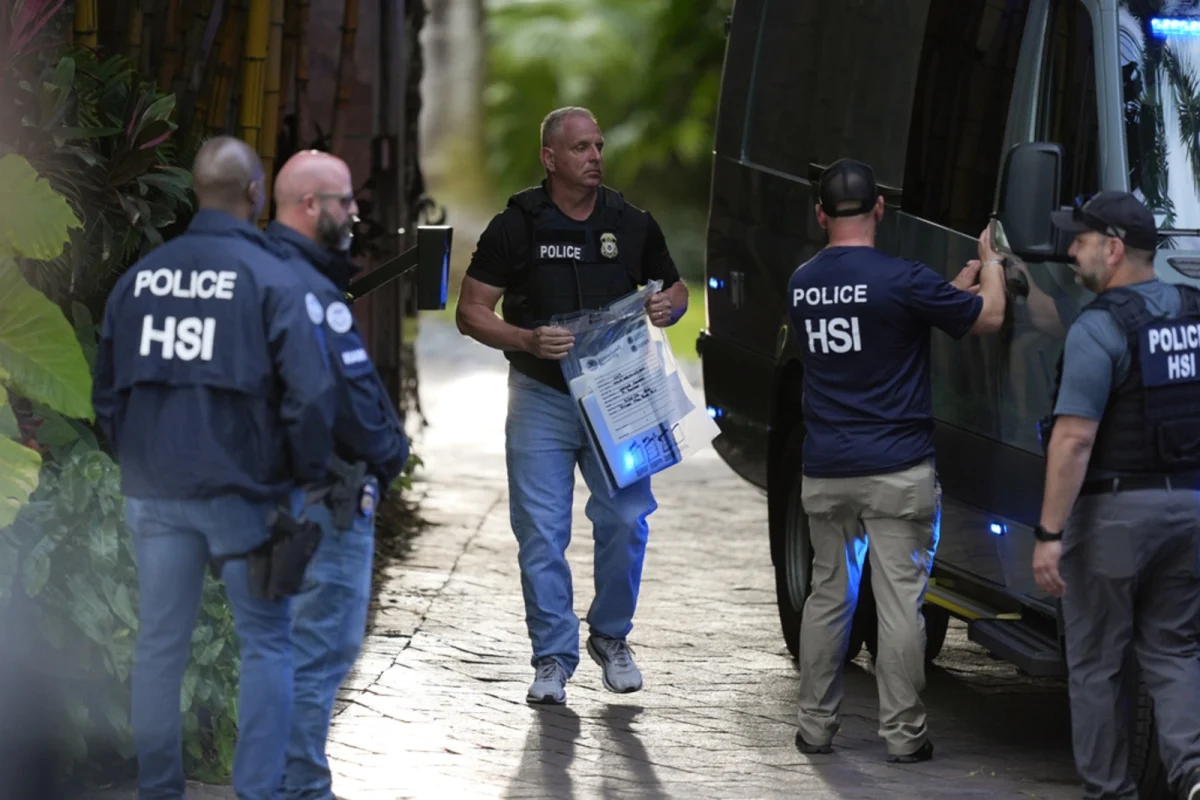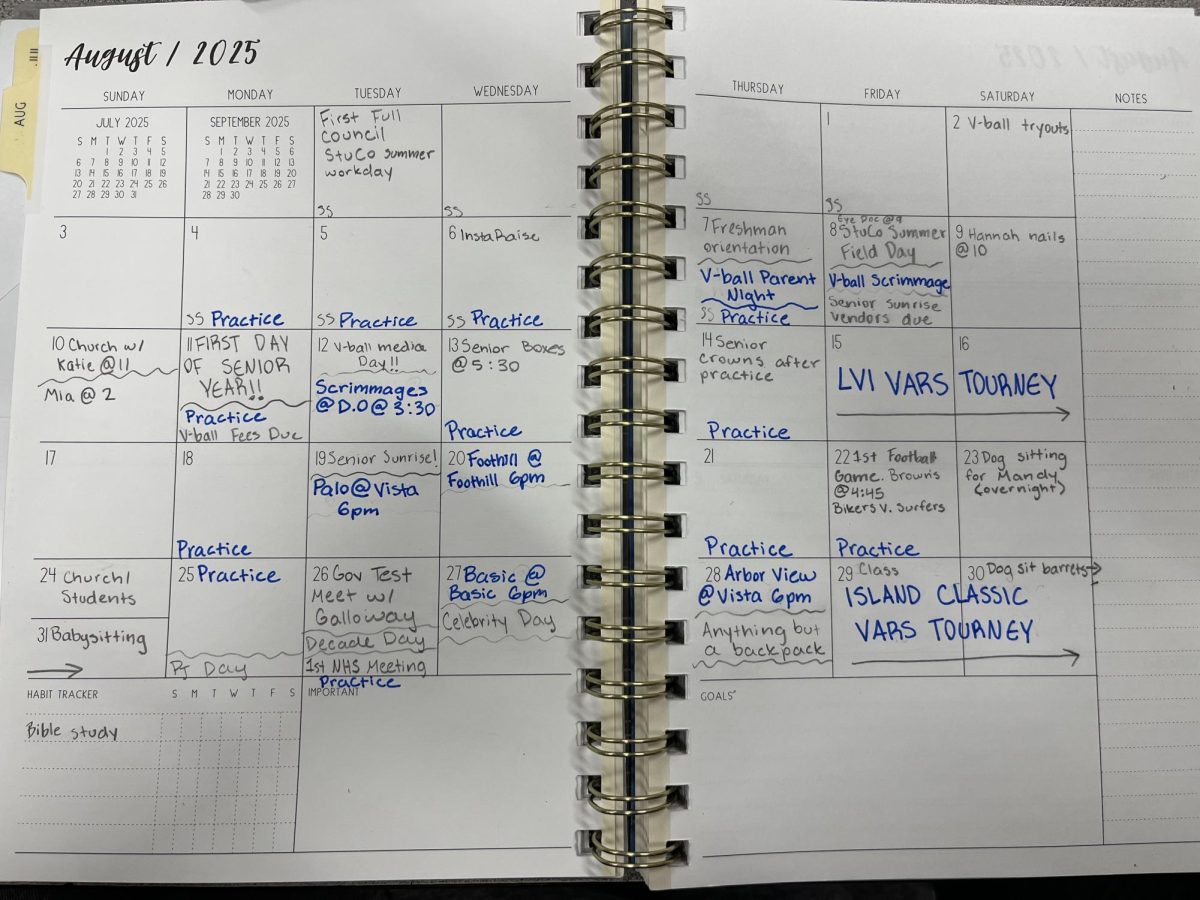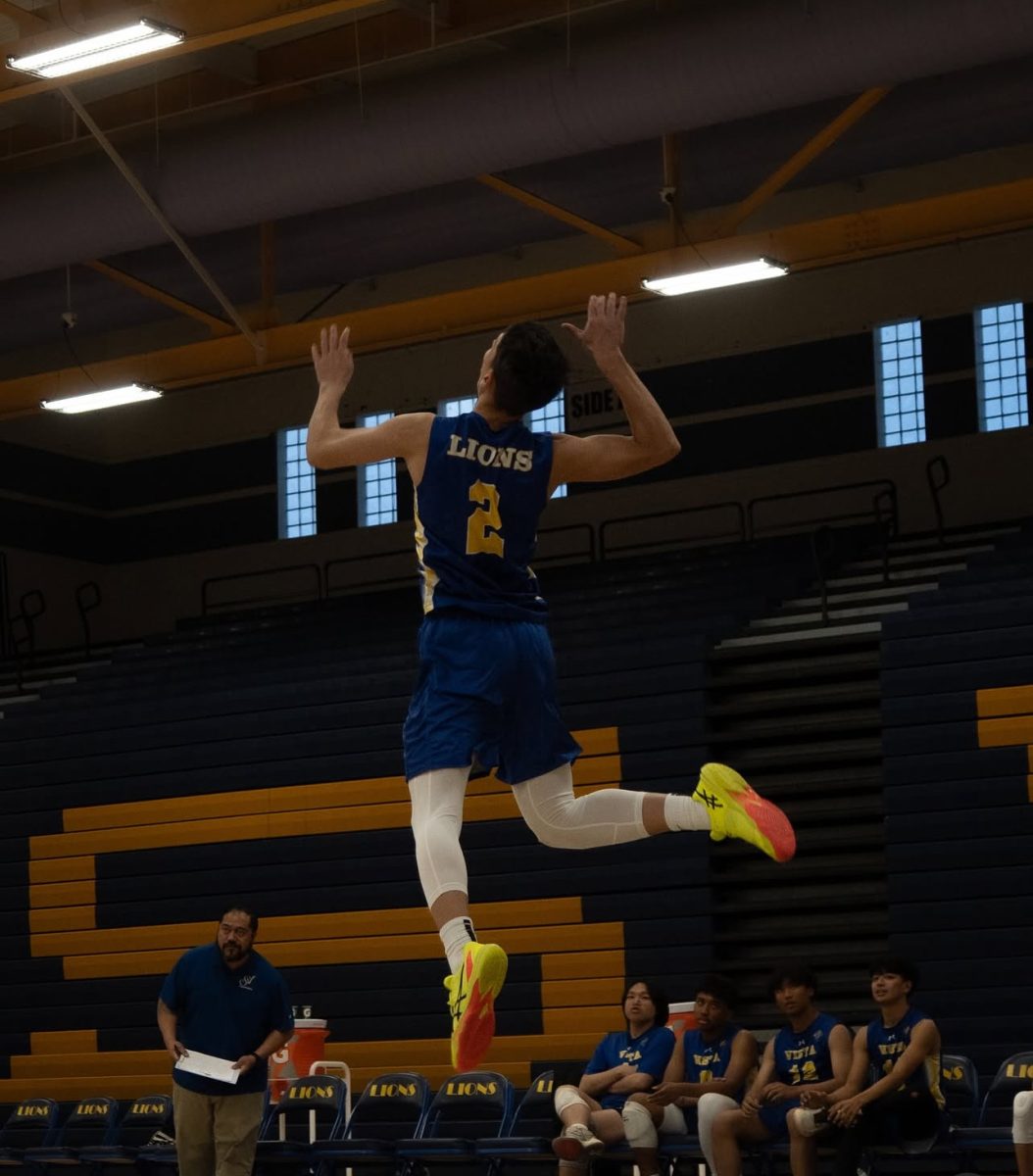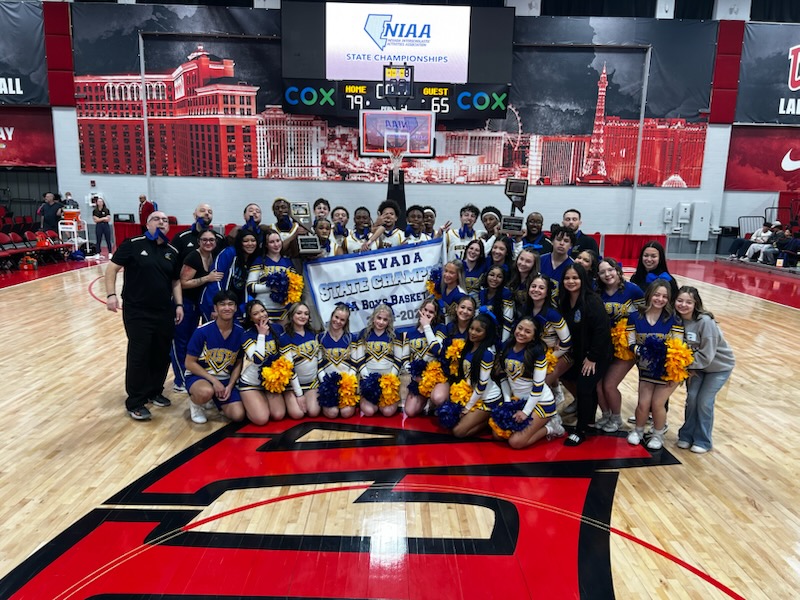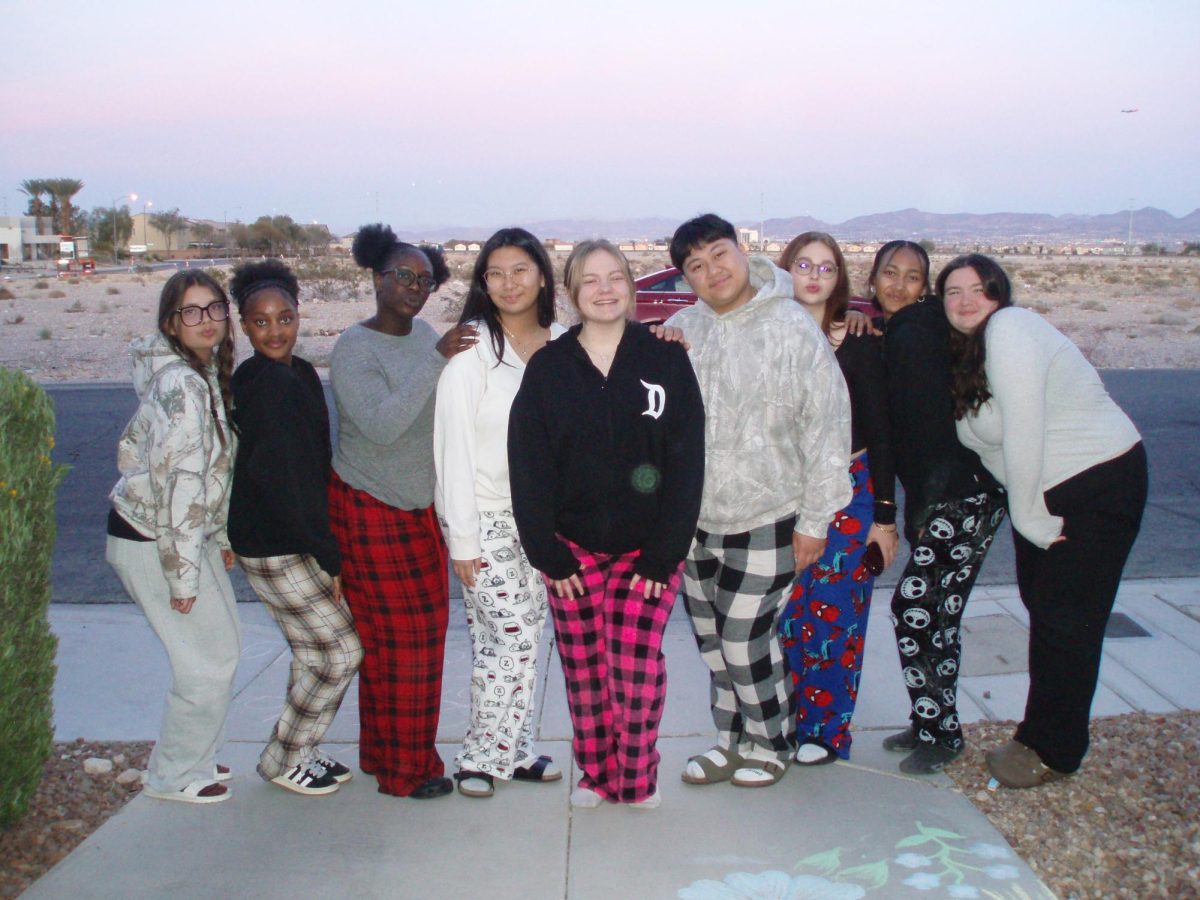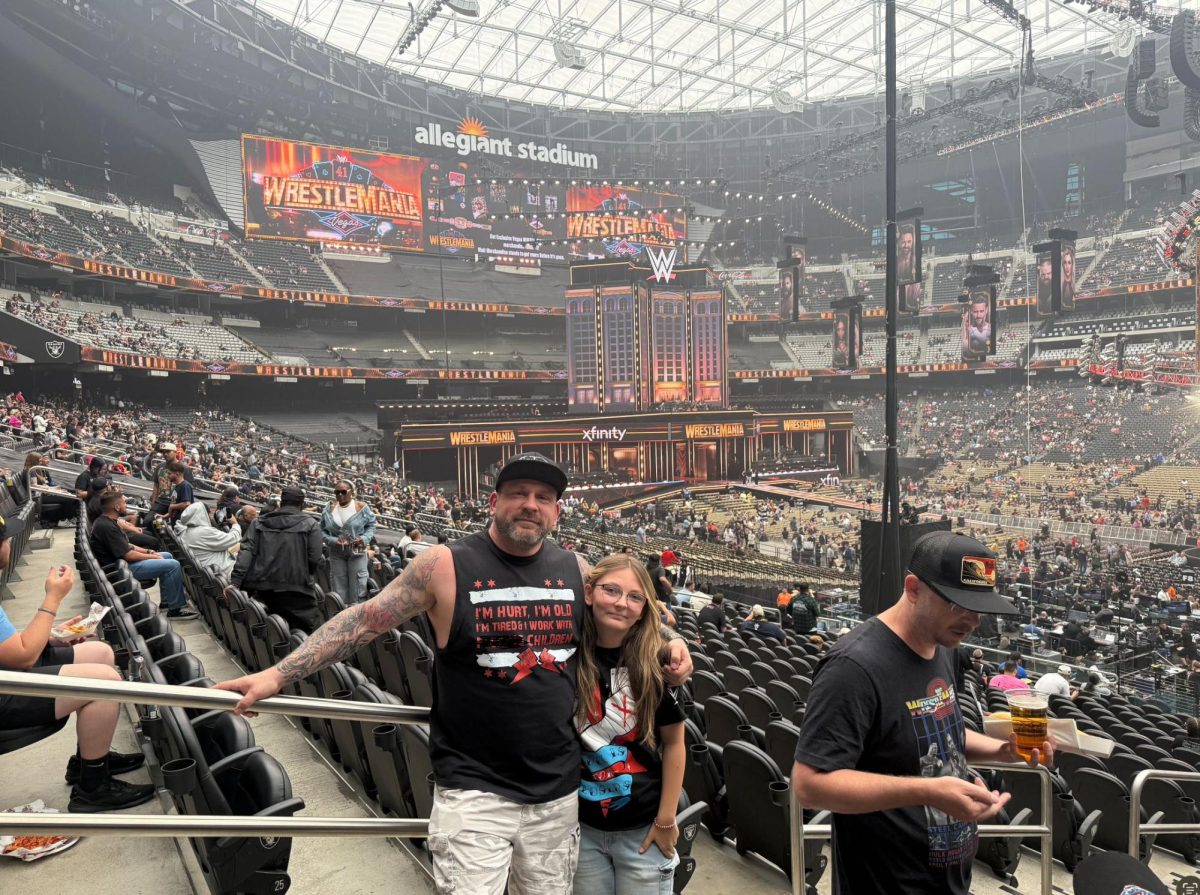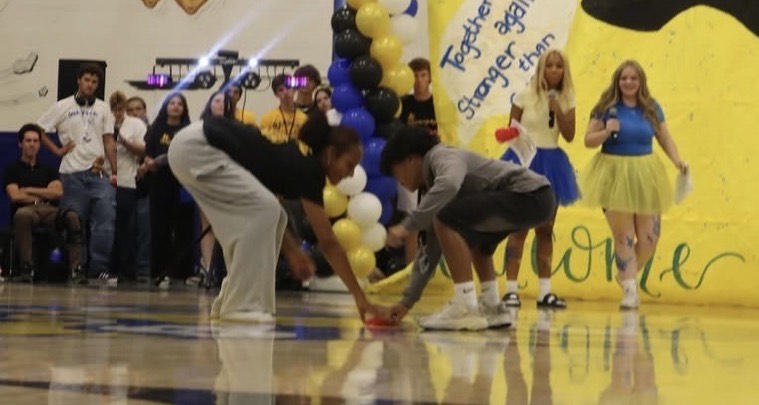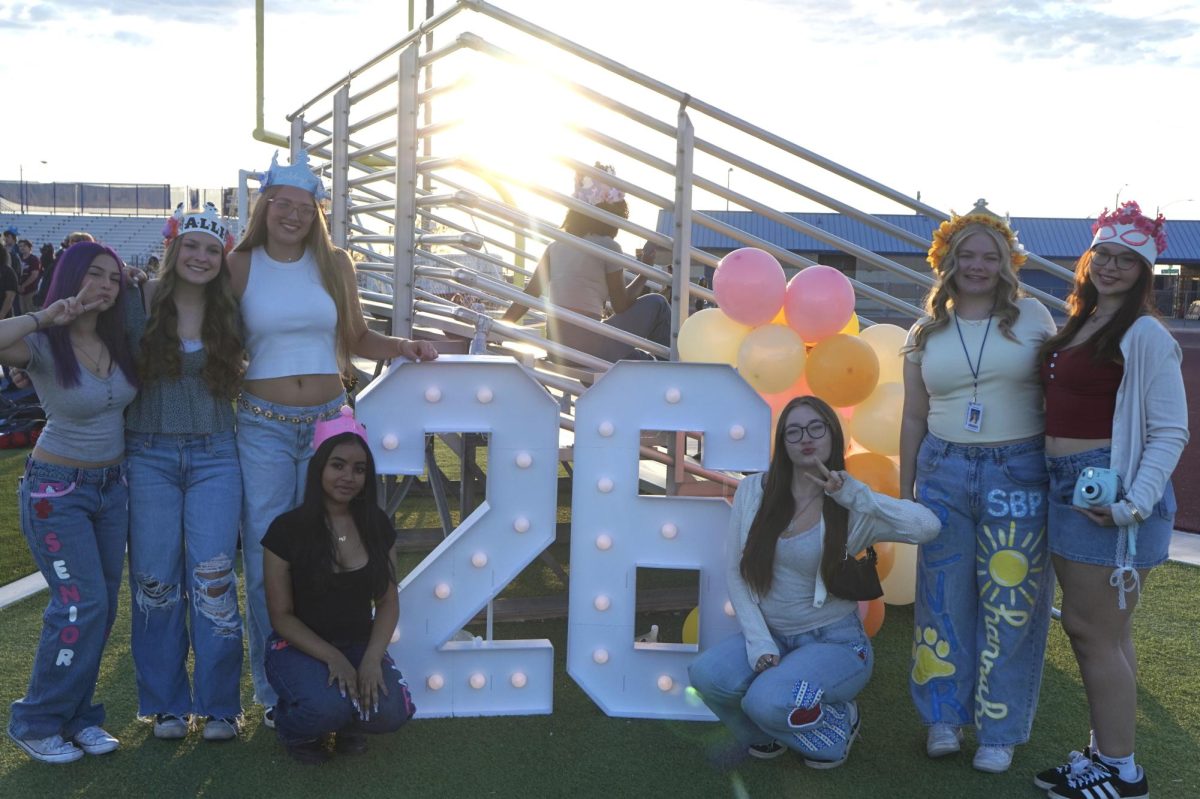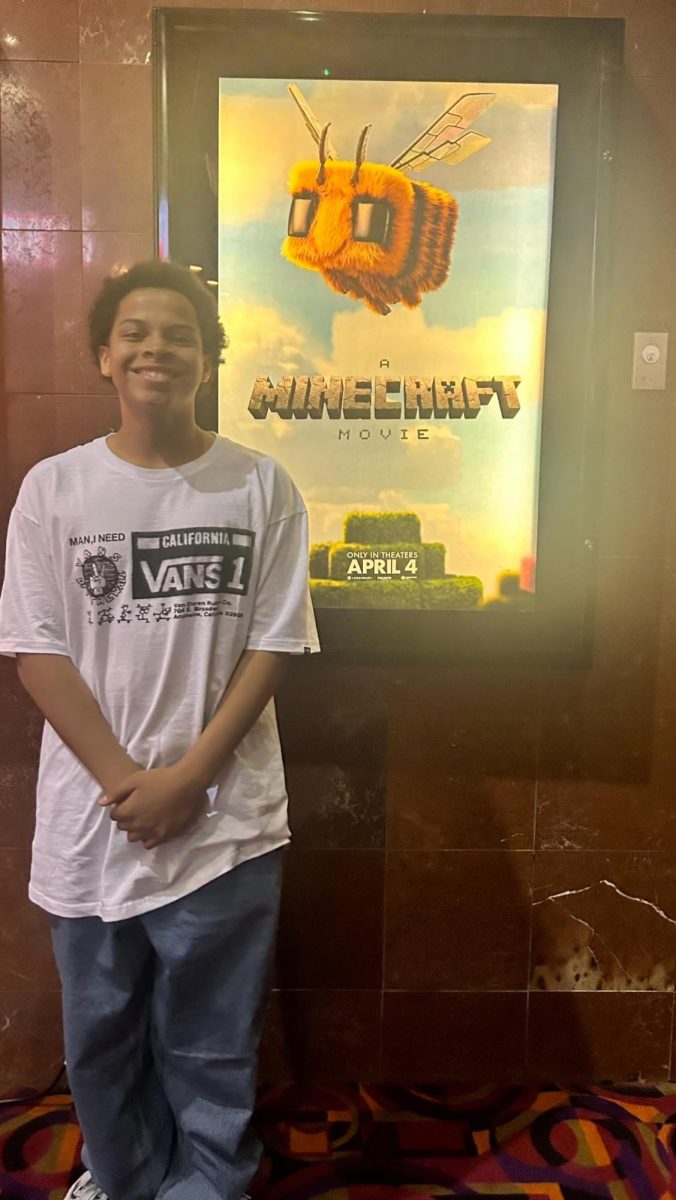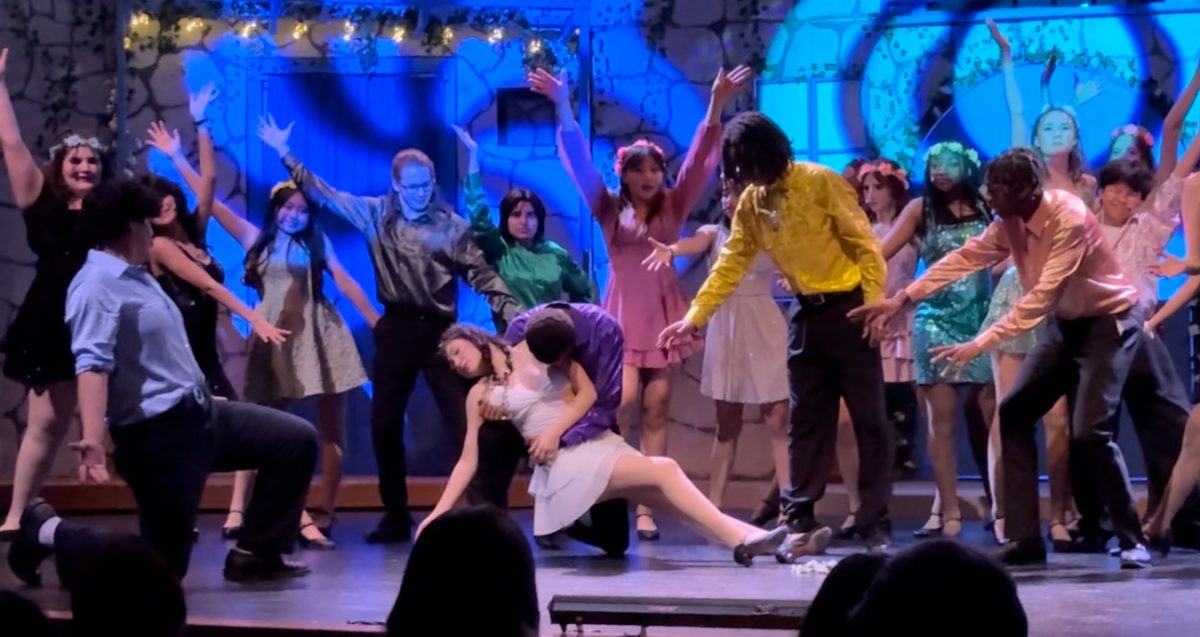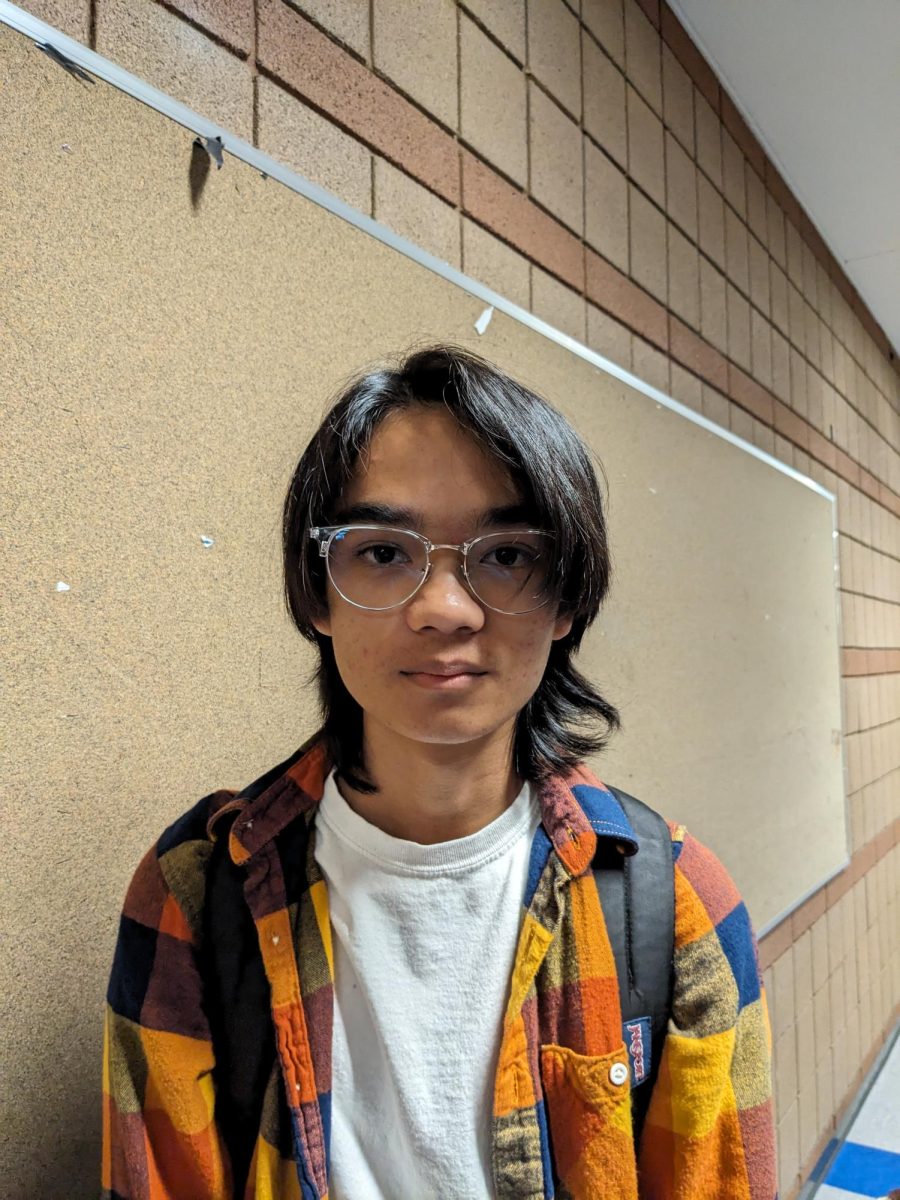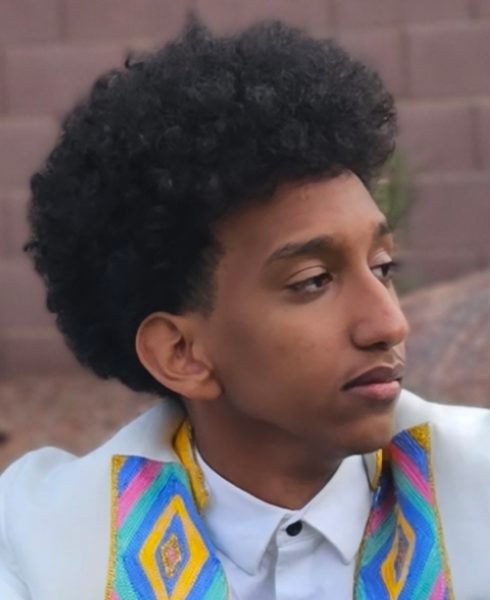On October 7, 2023, Hamas launched an offensive into Israel, instigating another bloody conflict over the disputed Gaza Strip and West Bank. The Israeli-Palestinian War is rooted in a contentious history spanning back over a century; however, a new form of conflict arises as a result of Israel’s relentless pursuit of Hamas: student protests. Although the pro-Palestinian demonstrations widespread throughout American universities reflect a growing awareness of the Palestinian struggle, these protests require a closer examination.
The Israel-Palestine protests tend to oversimplify a complex geopolitical issue. The complexity of the Israeli-Palestinian Conflict cannot be adequately addressed through slogans like, “From the river to the sea,” or simple narratives that fail to account for nuances of the situation; hence, oversimplification of the Israel-Palestine Conflict can hinder meaningful dialogue and constructive engagement with the issue. University campus protests in the hopes of simply “Raising awareness” serve little purpose as the average college student knows about the ongoing Israel-Hamas War; they fail to account for their target audience. Journalist Max Boot from The Washington Post summarizes, “Today’s pro-Palestinian protesters are their own worst enemies; they have even been reenacting some of the excesses of the past, such as briefly occupying Columbia’s Hamilton Hall last week before police cleared them out. The students are not succeeding in forcing universities to divest from Israel, and even if they were, it wouldn’t have much impact on Israel’s economy.” Unfortunately, the pro-Palestine protests lack an impactful target, accomplishing little for the Palestinian people, and obstructing the daily campus life while creating an anti-Israel sentiment.
In response to pro-Palestinian demonstrations, pro-Israelis began counter-protesting after deeming pro-Palestinian protestors as anti-Semitic and terroristic. The main gripe of pro-Israelis is the portrayal of the Israel-Palestine Conflict in black and white and that Hamas is completely virtuous. Although Israeli counter-protests pose a valid argument, they go about solving their issue incorrectly, adding more problems to campuses. Al Jazeera reports, “A demonstration against Israel’s war on Gaza at the University of California in Los Angeles (UCLA) turned violent when a vigilante pro-Israel mob attacked a solidarity encampment occupied by peaceful pro-Palestinian protesters.” A big issue of protests of this scale is that they lead to deindividuation, a psychological term referring to the tendency for people to take on the group’s identity, leading them not to feel accountable for their actions. Both sides continue to clash, resist police, and infringe upon campus freedoms. Many universities face shutdowns due to the disruption. Columbia University Elli Stougiannou laments, “This seems a little bit extreme and unfair to a lot of people, especially during finals, when it’s a high-stress environment and the political situation is already very high-stress in the past few weeks.” The disarray evoked by Israel-Palestine protests even led Columbia University, and many others, to cancel their main graduation ceremonies.
Often, the moment’s mania fuels the protests, creating an unhealthy environment and impeding intelligent and academic dialogue. Those concerned about the Israel-Palestine Conflict must find an effective means of discourse and call to action in order to solve their mutual problems – and demand the liberation of those still held by Hamas to bring about a much-needed ceasefire.
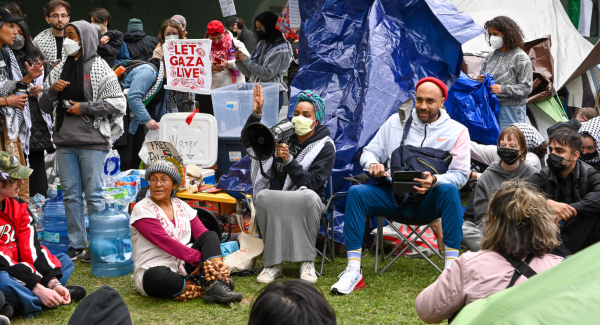
( Joe Piette (Creative Commons License))
